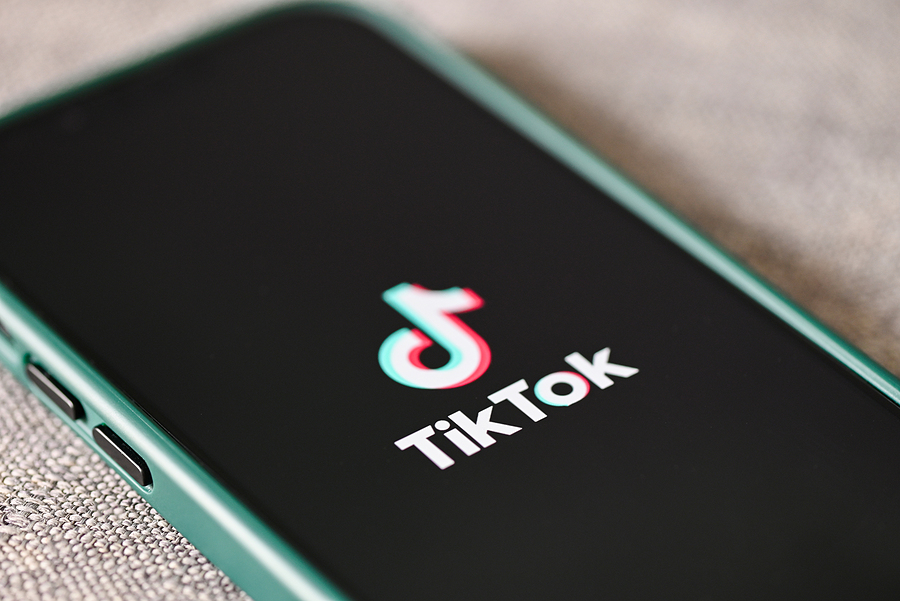Pennsylvania Treasurer Stacy Garrity announced Thursday that the social media app TikTok, which the head of the FBI recently called a national security concern, has been banned from all of her department-issued devices. TikTok is owned by ByteDance and is based in Beijing.
“Treasury’s computer network is targeted by scammers and criminals every day,” Garrity said. “TikTok presents a clear danger due to its collection of personal data and its close connection to the communist Chinese government. Banning TikTok from Treasury devices and systems is an important step in our never-ending work to ensure the safety of Pennsylvanians’ hard-earned tax dollars and other important, sensitive information entrusted to Treasury.”
This month, Treasury conducted an internal security review and determined that TikTok had not been used on any Treasury-issued devices. In addition to Garrity’s ban, which covers phones, laptops, and desktop computers, Treasury’s firewall has been updated to block access to both the TikTok app and its corresponding website from the Treasury network.
Also, Congress is poised to ban federal employees from using TikTok on government devices, and many states – including Alabama, Georgia, Idaho, Iowa, Maryland, Montana, Nebraska, New Hampshire, North Dakota, Oklahoma, South Carolina, South Dakota, Tennessee, Texas, Utah, and Virginia – have banned the app. It has been prohibited by Florida’s Department of Financial Services, Louisiana’s Department of State, and the West Virginia State Auditor’s Office. The Indiana Attorney General has filed two lawsuits against TikTok.
TikTok spokesman Jamal Brown said, “We’re disappointed that so many states are jumping on the political bandwagon to enact policies that will do nothing to advance cybersecurity in their states and are based on unfounded falsehoods about TikTok. TikTok is loved by millions of Americans, and it is unfortunate that the many state agencies, offices, universities, student groups, and sports teams in those states will no longer be able to use TikTok to build communities and share information.
“We are continuing to work with the federal government to finalize a solution that will meaningfully address any security concerns that have been raised at the federal and state level. These plans have been developed under the oversight of our country’s top national security agencies—plans that we are well underway in implementing—to further secure our platform in the United States, and we will continue to brief lawmakers on them,” Brown said.
Before joining TikTok in November, Brown formerly worked for President Joe Biden’s campaign and then the Pentagon.
Former President Donald Trump had similar concerns about TikTok security and banned the video app by executive order in 2020. However, Biden, who reversed most of Trump’s executive orders when he took office, revoked the TikTok ban, too.
Mike Caputo, who served as a spokesman for the Health and Human Services Department in the Trump administration said, “Chinese TikTok is clearly a national security threat when it’s downloaded on government devices. Even more dangerous is the kind of federal bureaucrat who is stupid enough to download any Chinese app at all – imagine all the other foolish decisions they’re making.”
The White House did not respond to a request for comment.
Please follow DVJournal on social media: Twitter@DVJournal or Facebook.com/DelawareValleyJournal

